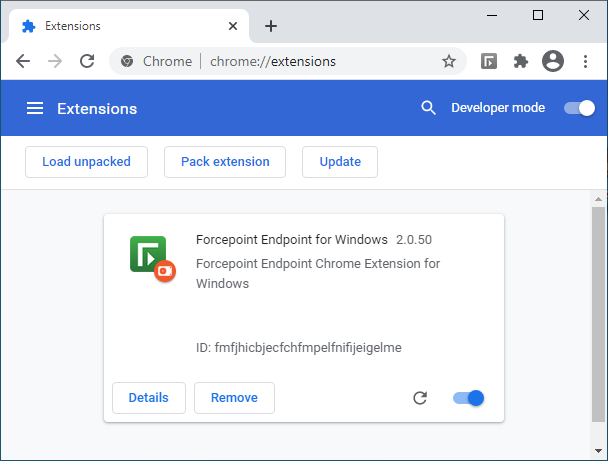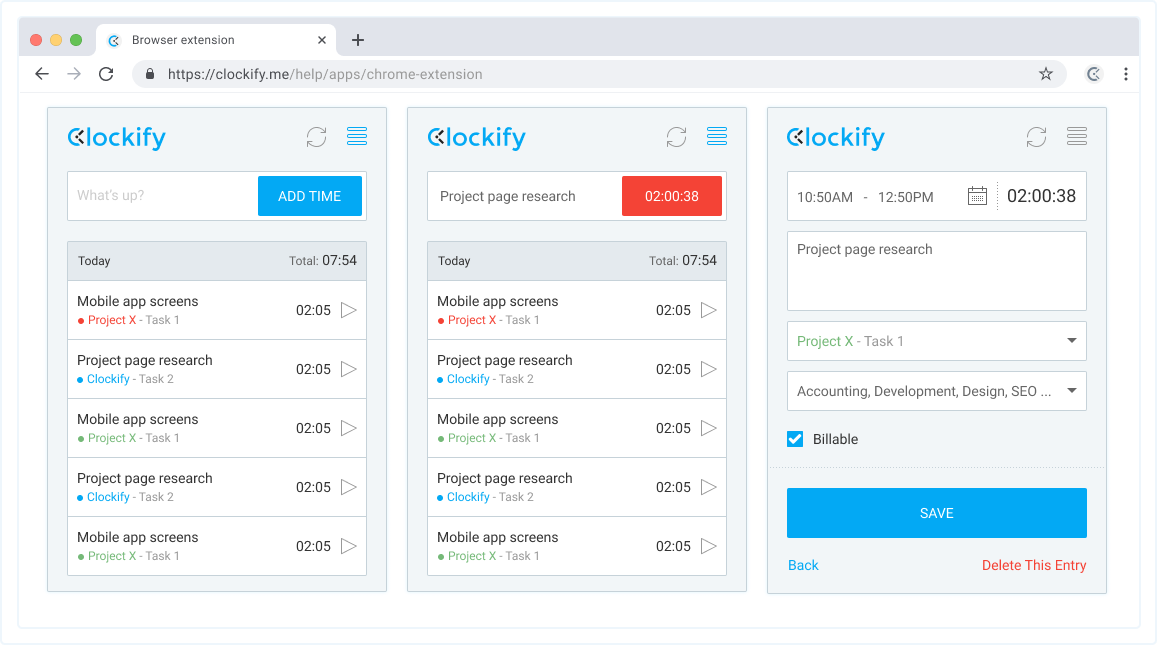

Their tools offer lots of great features for businesses to better plan, track, and utilize time.
Chrome extension harvest app software#
If time tracking software is tedious to use, employees may log time with less frequency or less accurately. Logging time is a (necessary) pain to begin with. Any friction in a highly-trafficked interface will cause user fatigue over time, which has the potential to make a tool overall less effective. User Fatigueīut the bigger challenge is user fatigue. Multiply that by the number of people on our team, and that’s a very tangible loss.

But that time adds up quickly.īy the end of the day, those seconds have accumulated into minutes. It’s a handful of seconds wasted each time users interact with the app.
Chrome extension harvest app update#
Both Amazon and PayPal compete as online payment processors, and Honey’s primary business model involves charging retailers, like Amazon, a percentage of sales made with the online coupons it finds and serves automatically to users.The lack of sorting makes it difficult to find and update entries quickly. With PayPal paying $4 billion in its largest acquisition ever for Honey, it’s possible that Amazon is feeling threatened by the extension being owned by a competitor in the e-commerce space. “Our commitment is clearly spelled out in our privacy and security policy.” “We only use data in ways that directly benefit Honey members - helping people save money and time - and in ways they would expect,” a Honey spokesperson told Wired. A cybersecurity firm did find a vulnerability that exposed user information in the extension last summer, but it was patched quickly. Honey says it works with security firms to regularly assess the service. “Our goal is to warn customers about browser extensions that collect personal shopping data without their knowledge or consent,” an Amazon spokesperson told The Verge, but declined to comment further on why it deemed Honey a security risk and the timing behind its decision to do so.

In the company’s Privacy and Security policy (which users consent to before they use the service), it states that Honey doesn’t sell personal information, nor does it track search engine history, emails, or browsing data on any non-retail site.Īmazon declined to comment further on why it deemed Honey a security risk And though Honey does collect data, it’s data used for its own service, like which recent coupon codes worked on what sites. While the statement is technically true, it’s also true of many browser extensions. To keep your data private and secure, uninstall this extension immediately.” Honey tracks your private shopping behavior, collects data like your order history and items saved, and can read or change any of your data on any website you visit. Di6I8RAX2X- Ryan Hutchins December 20, 2019įirst spotted on December 20th, the warning read, “Honey’s browser extension is a security risk. Paypal bought Honey in November for $4 billion. Amazon is telling shoppers that the browser extension Honey - it gives you coupon codes and other ways to save - is malware.


 0 kommentar(er)
0 kommentar(er)
